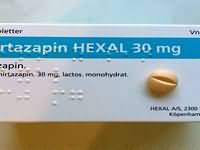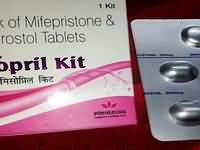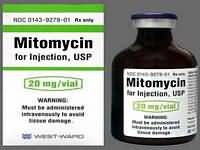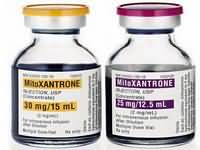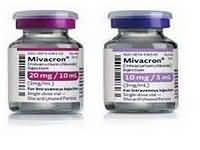Cefradine

Cefradine
CLINICAL USE
Antibacterial agentDOSE IN NORMAL RENAL FUNCTION
Oral: 250–500 mg every 6 hours (or 500 mg – 1 g every 12 hours)Severe infections: 1 g every 6 hoursInjection: 0.5–2 g every 6 hoursSurgical prophylaxis: 1–2 g at inductionPHARMACOKINETICS
DOSE IN RENAL IMPAIRMENT
GFR (mL/MIN)
DOSE IN PATIENTS UNDERGOING RENAL REPLACEMENT THERAPIES
IMPORTANT DRUG INTERACTIONS
Potentially hazardous interactions with other drugsAnticoagulants: effects of coumarins may be enhancedADMINISTRATION
Reconstition
IM: 2 mL of water for injection or sodium chloride 0.9% to each 500 mgRoute
Oral, IM, IVRate of Administration
IV bolus: over 3–5 minutesComments
See how to identify renal failure stages according to GFR calculation
See how to diagnose irreversible renal disease
Home

